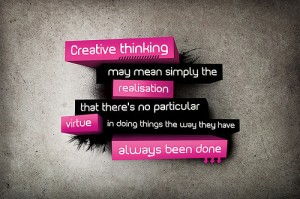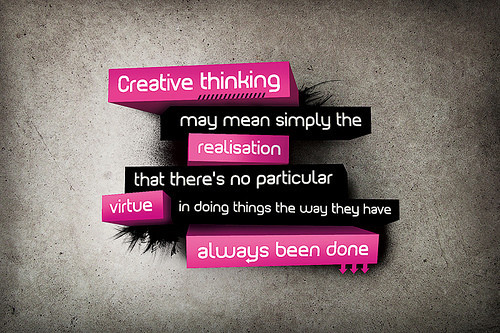When I first thought of creating this blog, I was aware that my personal viewpoints of international development may very well be a result of me living in hippy-dippy California for too long. A renewed call for compassion and empathy? What was I thinking?
So I decided first to reach out to my former colleagues, friends, and acquaintances around the world involved in international development, working at the levels of U.N. and in academia to small and under-resources grassroots organizations, to get a sense if I was totally off my rocker. I sent almost 150 emails to folks asking:
“If you personally could do one thing to change “the system” of foreign aid and development assistance, what would you do?”
The number and diversity of responses has been overwhelming…and it keeps coming. I guess the question resonated.
Here’s just a sampling of what they had to say:
- “First, don’t call it aid. It creates dependence. Try to create a friendly and caring atmosphere…where distributed AID doesn’t give an impression of the last hope and the last resource.” ~Vagif Hassanov, Azerbaijan
- Calculate the contribution countries in the global south actually make to aid flows that seem to originate in the global north but are actually based on unfair and inequitable product regimens for products emerging from the south, be it labour, raw inputs of a cheap and undervalued nature, or historical inequities.” ~Isabella Matambanadzo, Zimbabwe
- “I would focus on good governance…No economic development or growth except as a part of local governance, micro-credit, contracting out, and deregulation.” ~Dr. Louis Picard, Washington D.C.
- “My view on this question is that those who determine the AID, do so without spending much time on its distribution mechanisms, and agreeing on monitoring systems of the same, in order to hold the whole mechanism accountable.” ~Mary Balikungeri, Rwanda

- “I would change the system of support on the basis on donor priorities to that of beneficiaries priorities.” ~Maxwell Matewere, Malawi
- “I would make the system bottom up – make INGOs more accountable to the needs of communities rather than the other way around. Have INGOs base their funding agendas on what communities tell them.” ~Dr. Jonathan Brakarsh, Zimbabwe
- “The militarization of aid will only further divide us in a poisonous pedagogy of us versus them.” ~Jessica Cartsen, California
- “Humanity needs to expand its consciousness to acknowlegde and embrace its unity. Personally, the greatest change I think I can make is to show forth love…if I had to chose one intervention which will assist this process is to put great efforts into educating/empowering women and the girl child to the highest level possible.” ~Erfan Yeganeh-Arani, Malawi
- “The master served is not the person who needs the support but the one who gives the support. I would re-wire the system and turn it the other way round. This is obvious even in cases were the donor audience are individuals who give US$5 towards a cause. What is more important is what [donors] feel about the aid they gave than the feeling of the one the support was given to.” ~Ernest Maswera, Mozambique
- “Try something that promotes self improvement and avoids just making countries dependants of aid. We as NGO-ers need to give the push to the participants of projects. Aid should not be guided by what you have as but what countries need.” ~Gisella Ramirez, Kenya
- “I just wish there weren’t so much red tape. For example, when traveling overseas, I wish that we didn’t have to pay double the airfare because of “fly america” restrictions. What a waste! We could be using that money to train nurses.” ~Heather Mason, Washington D.C.
- “I would create structures that can be independent from local powers and that have a very tight system of check ups, follow ups and objective accomplishments and that are public and answerable to donors and public opinion. Put into place a follow up system similar those of the banks… banks are the only ones never ever to lose anything.” ~Marco Jiménez Rodríquez, Mexico
- “I’d try to instill mechanisms to make sure projects/efforts are more participatory and put into place meaningful evaluation mechanisms to be used to help determine which efforts show some promise, and stop funding those that don’t.” ~Lisa Helmer, Washington D.C.
- “At the institutional level I think mutilateral donors need to be re “educated” on a different paradigm of delivering aid, especially in terms of who they should include in the local community building process. It seems that much of foreign assistance is given to build infrastructure, but little is done that allows those that deliver aid to involve local systems or political processes.” ~Jessica Shao, California
The responses were so exciting, relevant and personally truthful that I plan to include many of them as postings in their own right. At the end of the day, I may still be proven as off my rocker, but I’m excited to share more of their thoughts and insights alongside my own at how-matters.org!


Pingback: How Matters / A Heartbreaker
Good day!
i would like give alternative to livelihood.
I woul wok on changing the attitude that ‘we know it all’